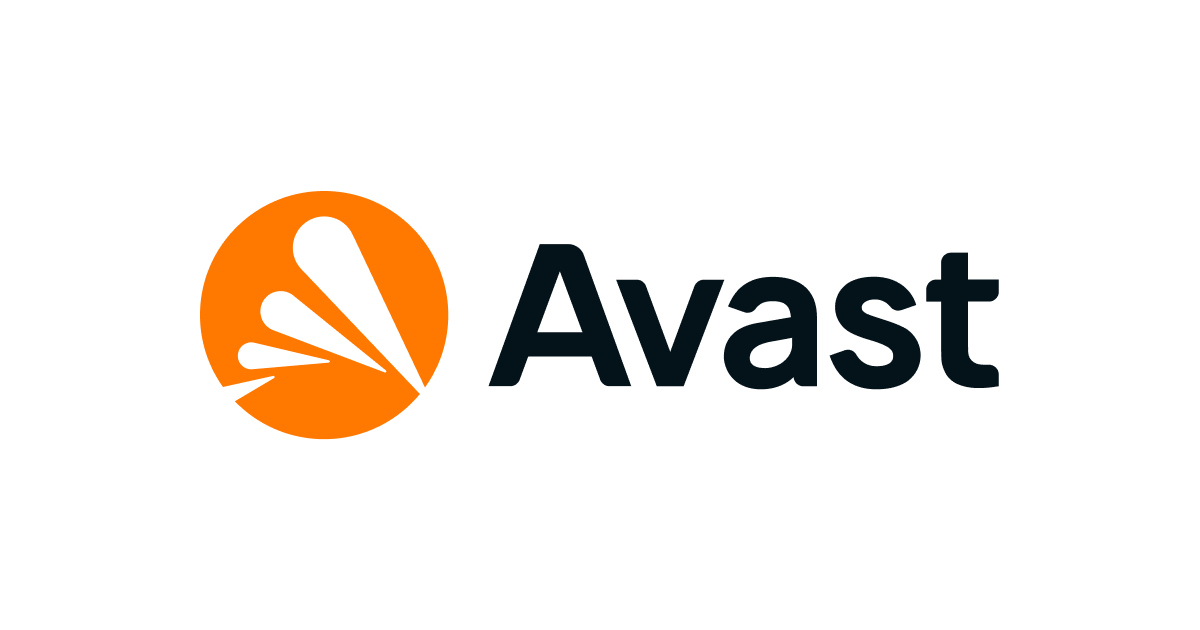- Invitation Status
- Not accepting invites at this time
- Posting Speed
- 1-3 posts per week
- Slow As Molasses
- Online Availability
- 10AM - 10PM Daily
- Writing Levels
- Adaptable
- Preferred Character Gender
- Female
- Genres
- Romance, Supernatural, Fantasy, Thriller, Space Exploration, Slice of Life
GREETINGS MINIONS!
We've been getting some new kind of spam on the forum - A SCARY KIND OF SPAM.
It's from actual member accounts - or at least we're pretty sure they were real members before the spam posts started, as they were actively participating in roleplays (and not just fake AI posts in weird places). It's happened TWICE so far, which leads me to believe there are new kinds of keyloggers, spyware, and hacker bots on the loose. Ones that get ahold of all your accounts on your computer/phone and then see where they can auto-spam.
We have reset the passwords on these accounts so the members can get them back.
I have no idea what to use on phones, but some of my fav programs (all of which are FREE) on my computer are:

 www.malwarebytes.com
www.malwarebytes.com
 www.ccleaner.com
www.ccleaner.com

 www.safer-networking.org
www.safer-networking.org

 www.avast.com
www.avast.com
And if we have any computer security people in the house that have some better suggestions, post them! Ò◇Ó We want everyone safe on the internet!
We've been getting some new kind of spam on the forum - A SCARY KIND OF SPAM.
It's from actual member accounts - or at least we're pretty sure they were real members before the spam posts started, as they were actively participating in roleplays (and not just fake AI posts in weird places). It's happened TWICE so far, which leads me to believe there are new kinds of keyloggers, spyware, and hacker bots on the loose. Ones that get ahold of all your accounts on your computer/phone and then see where they can auto-spam.
We have reset the passwords on these accounts so the members can get them back.
TO BE SAFE: Take this time to run some spyware, virus, and malware programs on your computers and other devices. Likewise, if you haven't changed your passwords in awhile - do so! It's a good habit to keep your accounts safe from potential hackers!
I have no idea what to use on phones, but some of my fav programs (all of which are FREE) on my computer are:

Malwarebytes Cyber Security for Home & Business | Anti-Malware
Protect your home and business PCs, Macs, iOS and Android devices from malware, viruses & cyber threats with our comprehensive cyber security solutions. Free trials available.
CCleaner Makes Your Computer Faster & More Secure | Official Website
CCleaner is the number-one tool for cleaning your PC. It protects your privacy and makes your computer faster and more secure! Download it FREE today.

Home of Spybot, Your Digital Identity Protection - Spybot Anti-Malware and Antivirus
Spybot offers a unique technology for your security. Far beyond antivirus Spybot searches and destroys unwanted software and protects your privacy.

Avast | Download Free Antivirus & VPN | 100% Free & Easy
Join 435 million others and get award-winning free antivirus for PC, Mac & Android. Surf safely & privately with our VPN. Download Avast today!
And if we have any computer security people in the house that have some better suggestions, post them! Ò◇Ó We want everyone safe on the internet!





